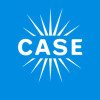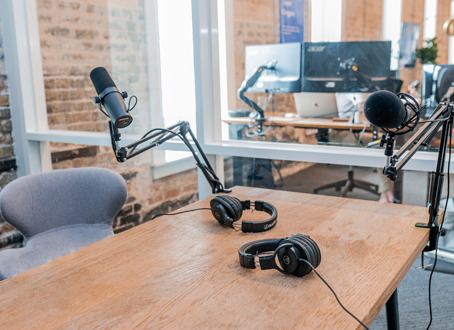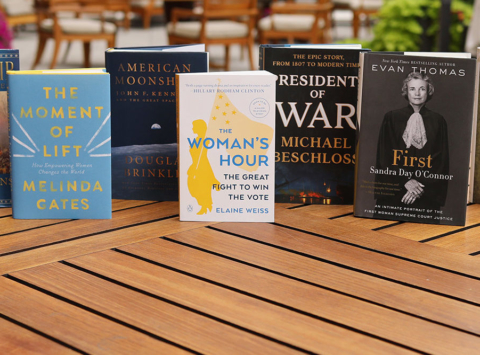This post was contributed by Heather Wise, intern at the Case Foundation.
The Case Foundation recently teamed up with Forbes and several other leading organizations committed to supporting social sector change to host the Forbes Under 30 Change the World Competition, the largest-ever competition for young social entrepreneurs leading both nonprofit and for-profit organizations. More than 2,500 young social entrepreneurs from around the world entered the Change the World Competition and shared with us their disruptive and scalable ideas.
After reviewing the submissions, organizers chose six finalists—who would each receive $100,000—and who would advance to participate in a special pitch competition on stage at the Forbes Under 30 Summit for the chance to win an additional $400,000 in prizes.
This past Tuesday, the finalists took the stage to present their fearless ideas aimed at tackling chronic challenges in the areas of education, extreme poverty, sustainability, global health and other complex global issues. Competing in front of an audience of 1,500 thought leaders, influencers and game changers, the finalists pitched captivating plans in the hope of winning over the judges, which included: Hugh Evans (Founder, The Global Poverty Project), Mike Perlis (CEO, Forbes Media) and Lynn Taliento (Principal, McKinsey and Company). The judges noted that they were looking for ideas that could not only potentially solve problems, but that were also scalable, realistic and world changing.
Kiah Williams, the 29-year-old co-founder of SIRUM, won the grand prize. SIRUM’s co-founders have built a platform for matching unopened, unexpired surplus medication to people in need. So far, with a staff of only five people, they have distributed $4.7 million worth of prescription medications by collecting unexpired medications from pharmacies, hospitals and nursing homes where patients no longer needed them. How do they plan on using their winnings? They intend to scale up so that by 2019, they will have a network of 1,000 donor organizations that are donating a total of $19 million worth of drugs.
SIRUM was the big winner of the competition but the other five finalists proved to be exceptional as well and will be able to use this competition as a springboard for other great opportunities:
- Daniel Yu, 22, Reliefwatch– works with health centers in the developing world to manage inventory using simple mobile phone technology.
- Amara Humphry, 27, Gooru– Non-profit that helps teachers and students improve educational outcomes through a free data and tech-enabled personalization website.
- Govinda Upadhyay, 27, LEDsafari– distributes cheap solar LED lamp kits so kids in developing countries can both learn about physics and have an electric light to study with.
- Paul Duan, 23, Bayes Impact– uses big data to help governments and non-profit organizations operate more efficiently.
The Case Foundation was proud to sponsor this event alongside Forbes, the Charles and Lynn Schusterman Family Foundation, the Pratt Foundation, the Keywell Foundation, Echoing Green through a grant from the John Templeton Foundation and entrepreneur Bob Duggan in an effort to support next generation social entrepreneurs. To learn more about the Forbes Competition, check out this blog post by Jean Case in which we announce the finalists and highlight some of the ideas submitted that captured our imagination.





